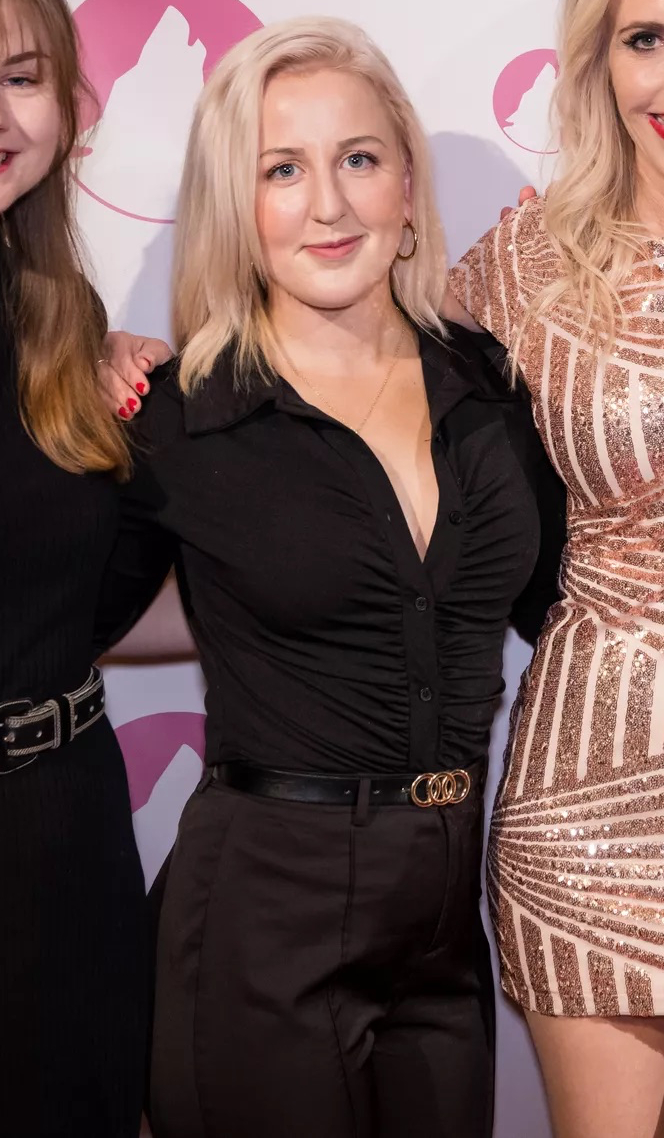We were lucky to catch up with Raven Clausen recently and have shared our conversation below.
Alright, Raven thanks for taking the time to share your stories and insights with us today. Can you open up about a risk you’ve taken – what it was like taking that risk, why you took the risk and how it turned out?
Leaving the Army was one of the biggest risks I’ve ever taken – bigger than joining the Army, even. When I joined, I knew I had a guaranteed roof over my head and food in my belly, as well as a steady form of income. All of that disappeared when I ETSed (Expiration Term of Service, meaning you completed your contract). I no longer had all of my essentials covered, I didn’t have another job lined up, and it was terrifying. That’s a major reason why some people never leave the service, and instead stay for 20+ years. Even the biggest, baddest, toughest people you know are so terrified of the unknown that they would rather choose certainty in a job where their life could end instantly. Why? Death is certain, and we like certainties. But there is no greater fear than the unknown.
The alternative for many military members is to switch to either a position in law enforcement, or to join the ranks of the government civilian employees for the military. Switching to the TV and Film Industry is nowhere on the list of options for service members. It is a gig economy in this industry, employment is not guaranteed, neither is pay sometimes, it’s highly competitive, already riddled with legacy families and nepotism, doesn’t come with all the benefits afforded to a 9 to 5 office job, and the list goes on. Also, when your job for years is to be able to turn off your emotions, the idea of a career where you have to be raw and vulnerable almost all of the time is enough to get just about any service member who has spent years drowning their emotions in whiskey to say “no, thank you.”
But I was born an artist, and was only cosplaying as a soldier, as painful as that realization was. I could do the job and play the part to perfection, I would even argue I quite excelled in many aspects of the job, as my evaluation reports reflected, but in my heart I knew I was not being true to myself. I developed several personal issues, battling alcoholism, self-harm, an eating disorder, anxiety, PTSD, and an inability to form healthy, meaningful relationships. The Army gave me some of the best memories of my life, and I wouldn’t take any of it back. It made me the strong, self-trusting, confident woman I am today. But I couldn’t stay or that artistic fire in my soul would die out, and I would remain a shell of a person living a destructive life. Even when the government issued me a specific purpose, my life felt meaningless.
I took a risk and flew out to LA just hours after I received my DD-214 (basically a form showing proof of service and discharge from said service). I drove off base for the last time and came to LA on a week-long visit so as to make up my mind. I was so nervous that I took an edible before my flight, thinking it would calm me. It did not. I spent the week learning the layout and establishing my plan to move out here (where to live, finances, etc). Three weeks later, I was driving 3,000 miles across the country, from North Carolina to the City of Angels.
When I made the choice to go airborne (Army term for paratroopers aka the ones who jump out of planes) I watched this one particular video on repeat to help me overcome the fear. The video was Will Smith talking about his experience skydiving for the first time, and he said “the best things in life are on the other side of fear.” The first time I jumped out of a plane and saw my parachute deploy, verifying I was safe, I looked at the world from above and let out a loud, invigorating “woohoo” (that was quickly followed by a “shut up Airborne” through one of the Jumpmaster’s bullhorns). The only time I came close to feeling that again was the second I arrived, with all my belongings, to LA.
The best things in life ARE on the other side of fear, and leaving the job security of the military is terrifying. However, I’ve since discovered that my military skillset transferred beautifully into the role of producer. I also discovered my own emotions, which I had stifled during my years in service. I go to therapy, I recovered from my eating disorder, I am almost 2 years sober, I no longer self-harm, and I have formed several meaningful relationships that are unlike any others I’ve had in life. I learned how to remove all walls and barriers I built for myself in order to be open and grounded in my acting. I learned how to pull from all of my experiences to (safely) access those visceral emotions. I learned how to transfer my self-governance and discipline from the military into my acting, dedicating time every day to my craft. I found purpose in storytelling. Everyone wants their stories told, but not everyone wants to tell their stories. To be able to tell it for them has ignited my soul in ways I could never find words for.
Hollywood is not for the faint of heart. Thankfully, I am a soldier.
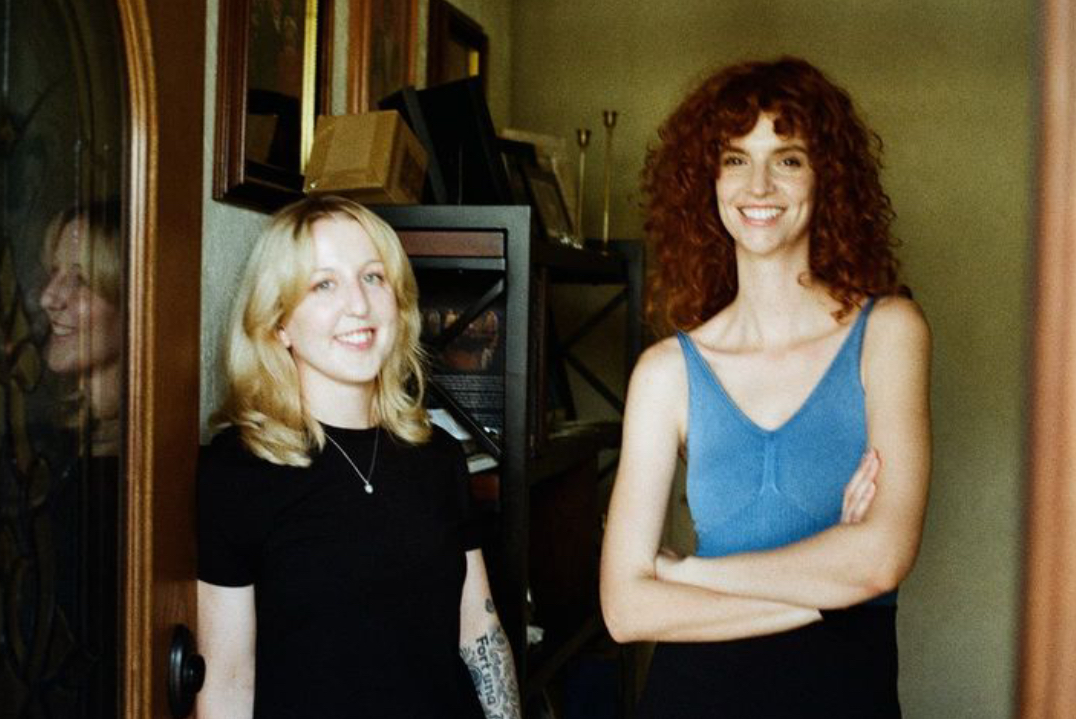
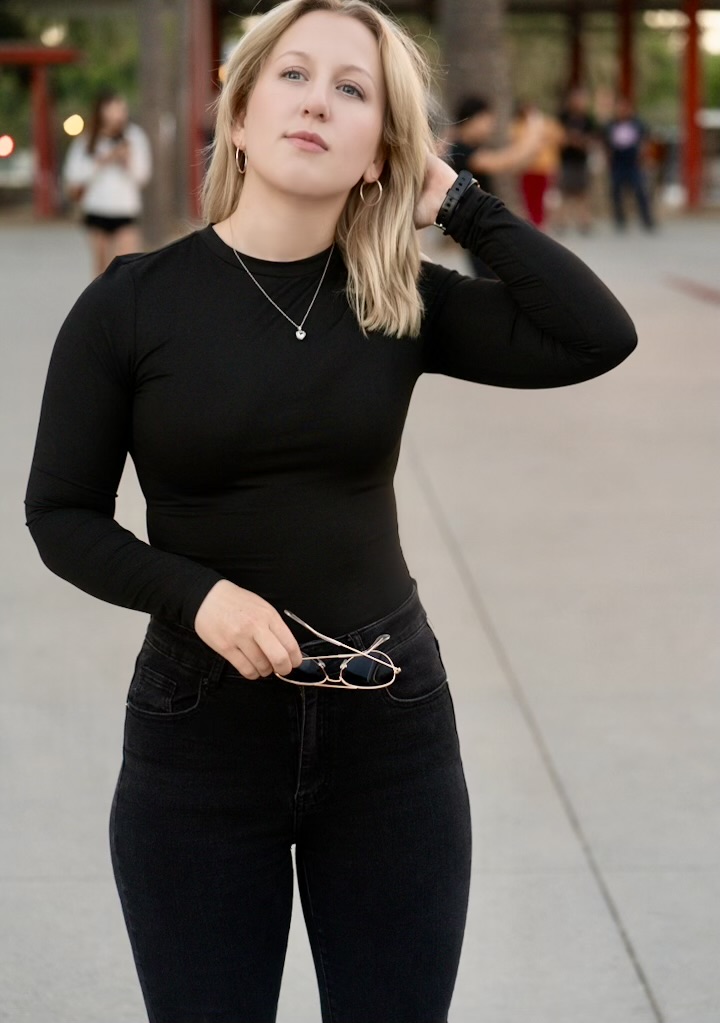
Raven, before we move on to more of these sorts of questions, can you take some time to bring our readers up to speed on you and what you do?
I am an actor, producer, director, writer, and fight choreographer. In my previous answer, I gave a lot of background information about my time in service. Reflecting on my time here in LA, I would say what separates me from my fellow (brilliant – because we are all a team and not competition) actors is my self-awareness and character development skills based on my ability to be unflatteringly and brutally honest with myself. It lowers my guards and allows me to just be human, so that I am not acting, I am simply living in the given circumstances and existing honestly through the vehicle of dialogue that the writer has provided me.
In my directing, I never try for a specific result with my actors. I just search for a way to bridge the gap between them and their character so they can shift perspectives and still pull from their own authentic emotions or impulses. Giving actors verbs and objectives while allowing them the freedom to choose how their character’s behavior would be used to accomplish that objective has proven the most fruitful, and I’ve been honored to witness some incredible performances through utilizing this method (shoutout to Larry Moss).
Something I would love to have as part of my brand is that I am an unapologetic feminist who has spent my entire career thus far in male-dominated fields, with no plans of leaving them anytime soon. I want little girls to know that they can be an Infantry Squad Leader, a paratrooper, a film director, or a producer, and they won’t have to go it alone because I am here cheering them on, and although it is still a very scary space to navigate, the best things in life are on the other side of fear.
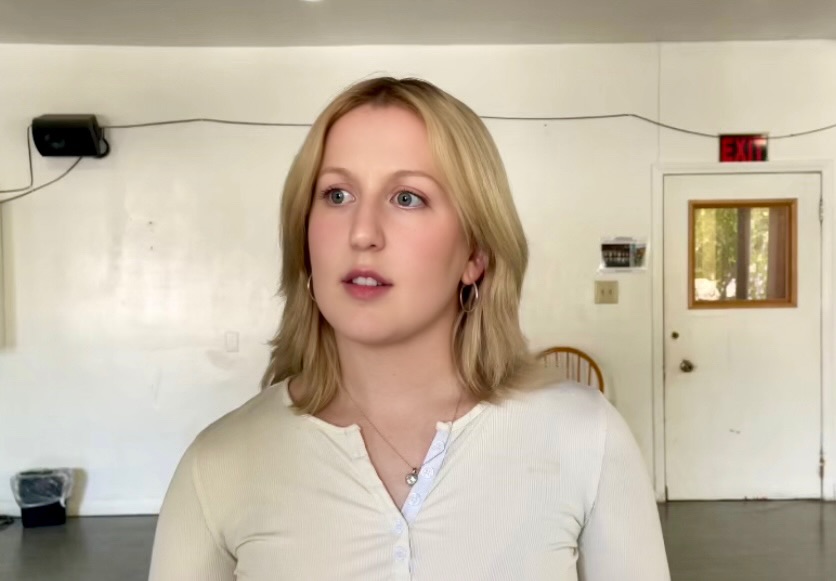
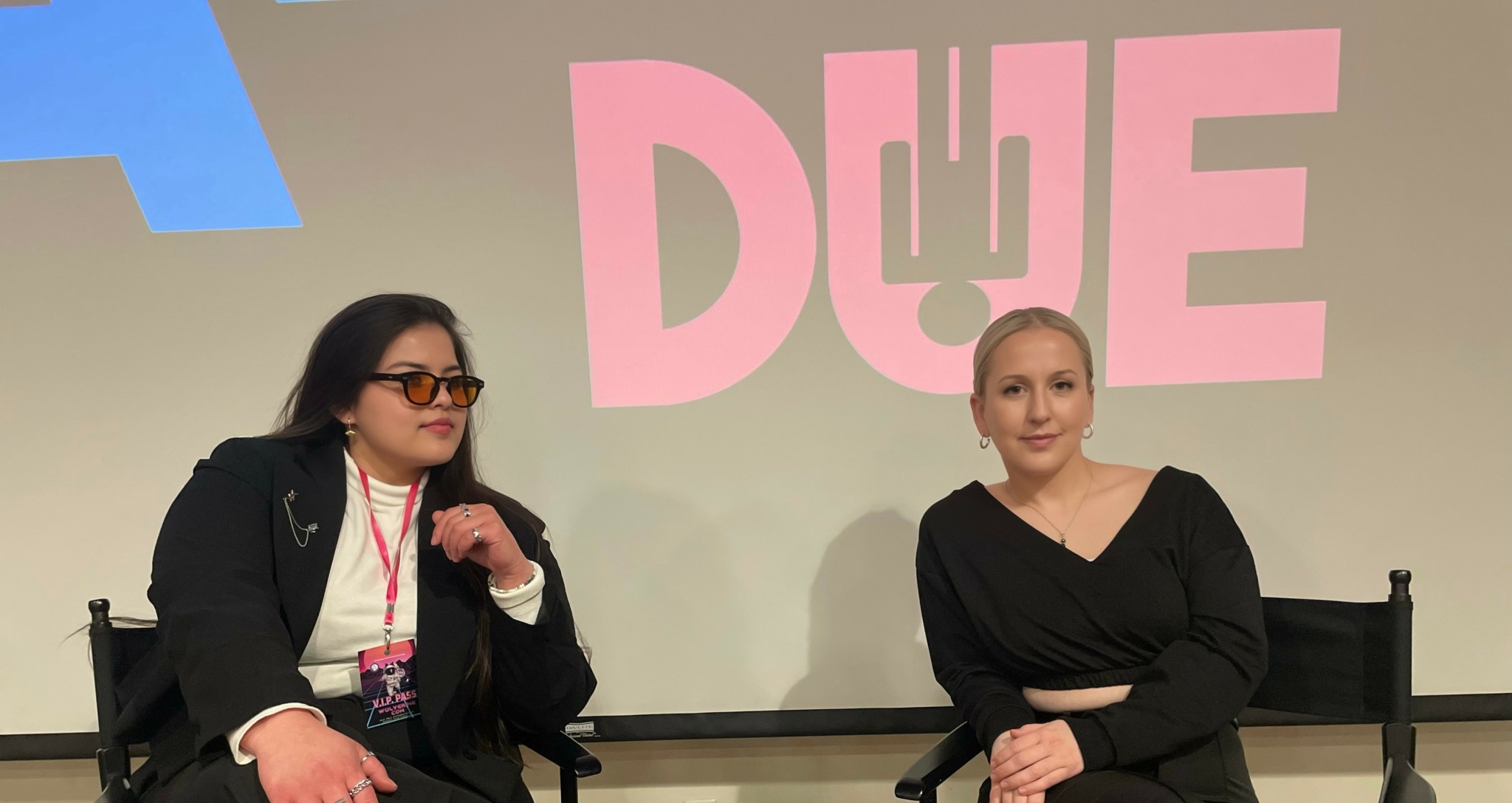
What do you find most rewarding about being a creative?
Despite having the internet at our fingertips and access to millions of people via social media, we have forgotten what it means to be human. Social media is a highlights reel, a carefully curated image of a person or lifestyle that leaves all the raw, gritty, nasty, dark realness of being a human out. We have become so isolated as a society while using these falsely advertised images as our connection to the human experience. Because of this, we feel bad for simply being human. We obsess over looking like AI-generated images, we think everyone else must be happy and carefree while we feel sad or heartbroken. It’s all fake.
The most rewarding part of being an artist is showing people the truth about being human again, and washing this facade away. I wrote a piece on limerence that I performed, and the amount of women who came up to me afterwards and said they felt like I was reading their life story to them made me feel, well, indescribable. To have something that is so uniquely personal to me also be so universal was incredibly humbling, and to see the look of relief on these women’s faces as they realized they were not alone or misunderstood was so powerful that even mentioning it now reignites my passion and drive to keep telling these stories.
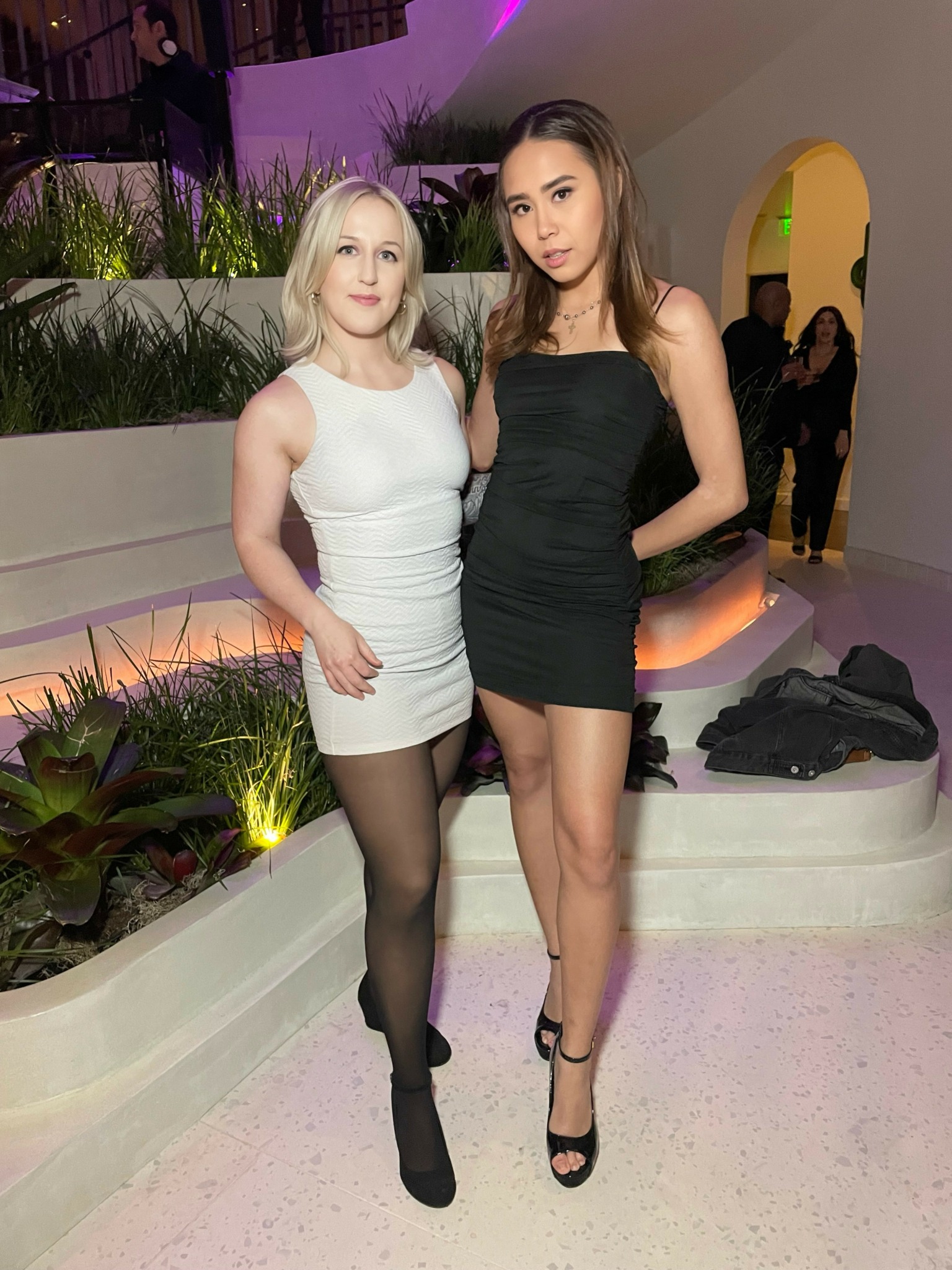
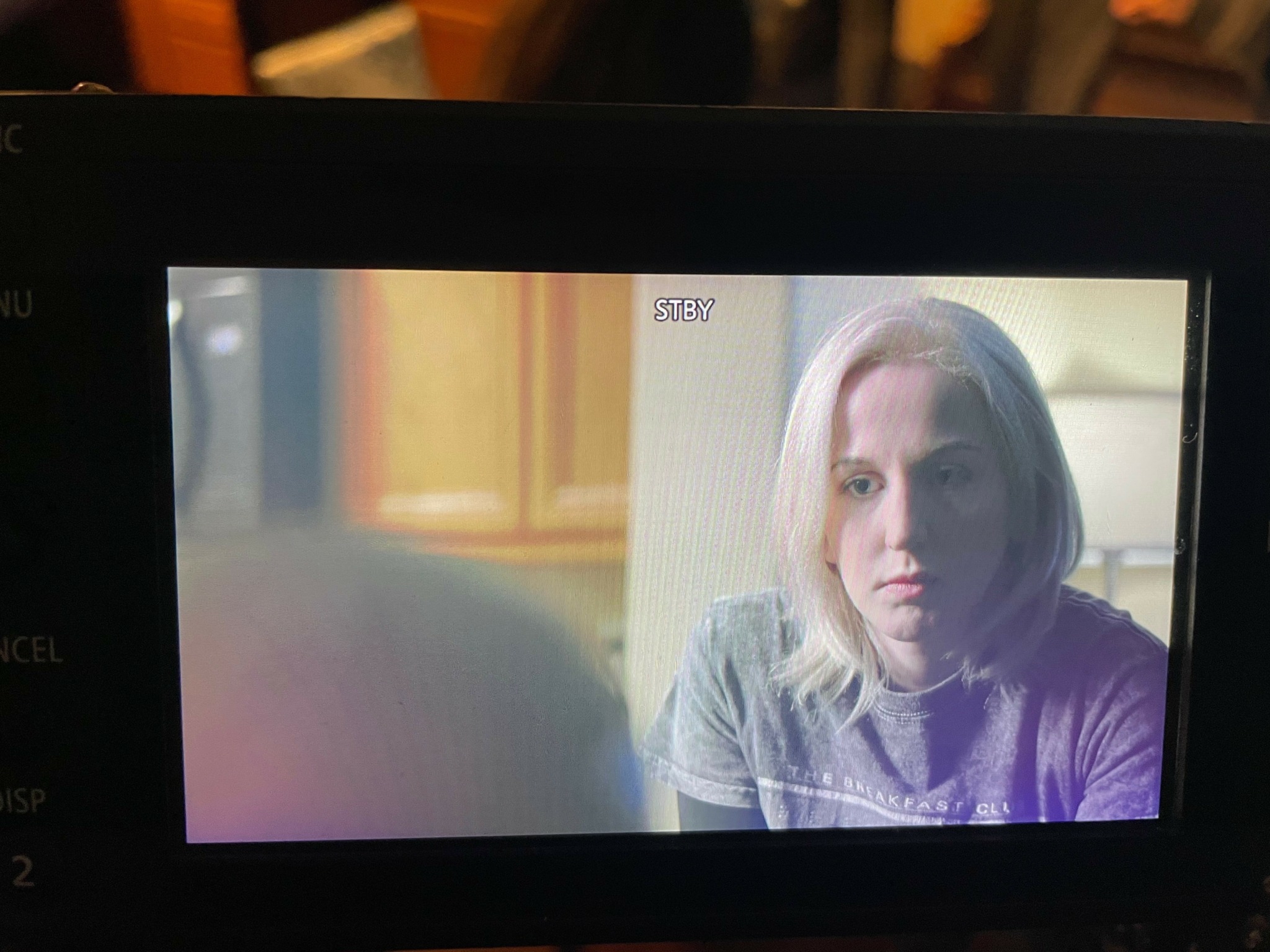
Looking back, are there any resources you wish you knew about earlier in your creative journey?
As simple as it sounds, The Hollywood Reporter Roundtables are such a wealth of information. You can watch actors’ roundtables, directors’ roundtables, producers’ roundtables, writers’ roundtables, all for free on YouTube. The lineups are legendary and you get an opportunity to learn from the greats. I would caution people against film school (most are for-profits that just eat up your money) and instead recommend they watch these while getting hands-on experience on set (we always need Production Assistants and it’s an entry-level job). Another great resource is Inside The Envelope, a podcast by Backstage that interviews A-list actors, directors, casting directors, dialect coaches, and so on. For actors, I would strongly recommend listening to the screenwriters interviews, as script analysis can be some actors’ downfall. It is critical to be able to analyze a script and understand why every single word is in there. Most importantly: watch movies.
Contact Info:
- Website: https://imdb.me/RavenClausen
- Instagram: https://www.instagram.com/raven.clausen
- Youtube: https://www.youtube.com/@RavenClausen
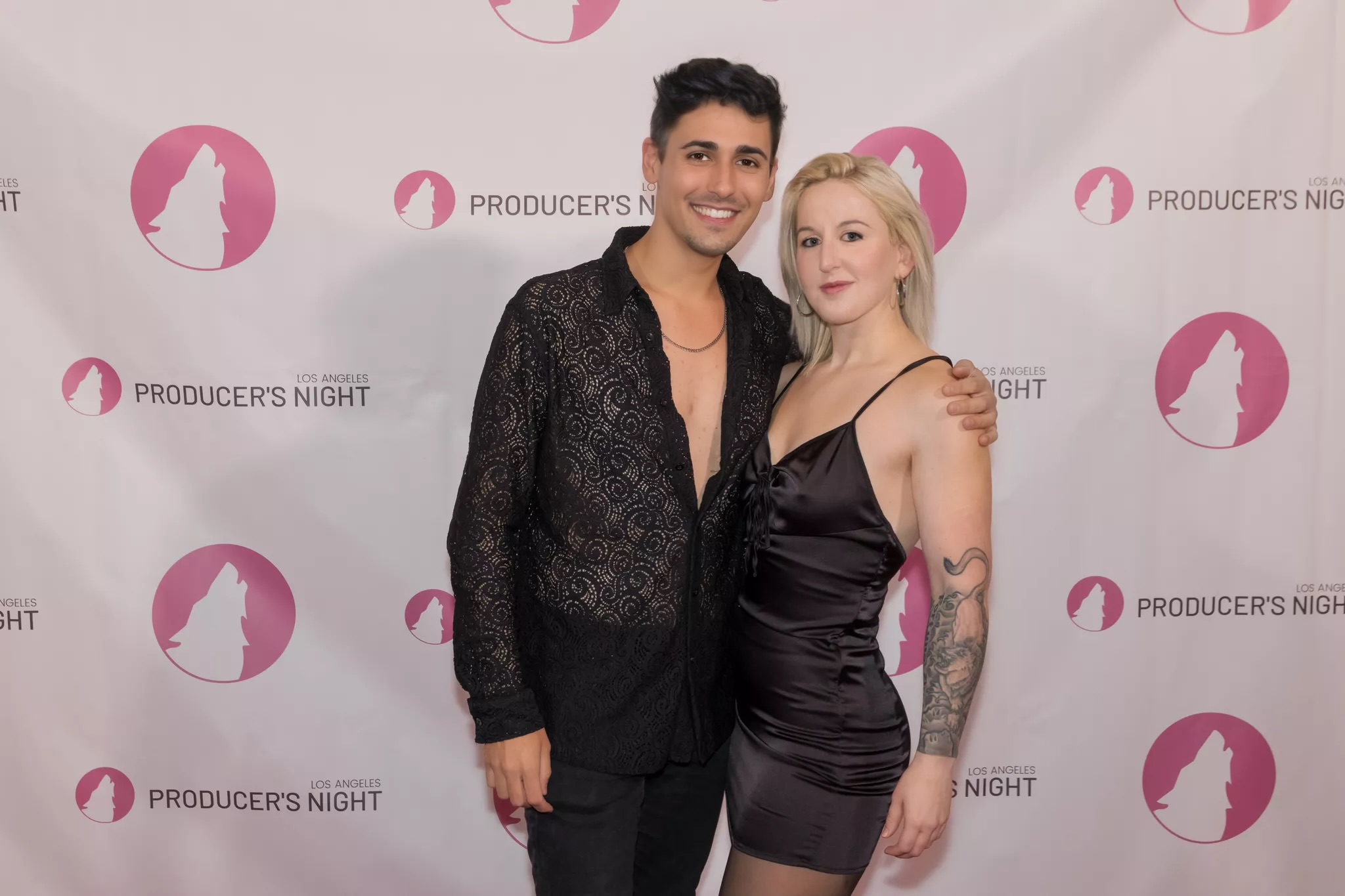
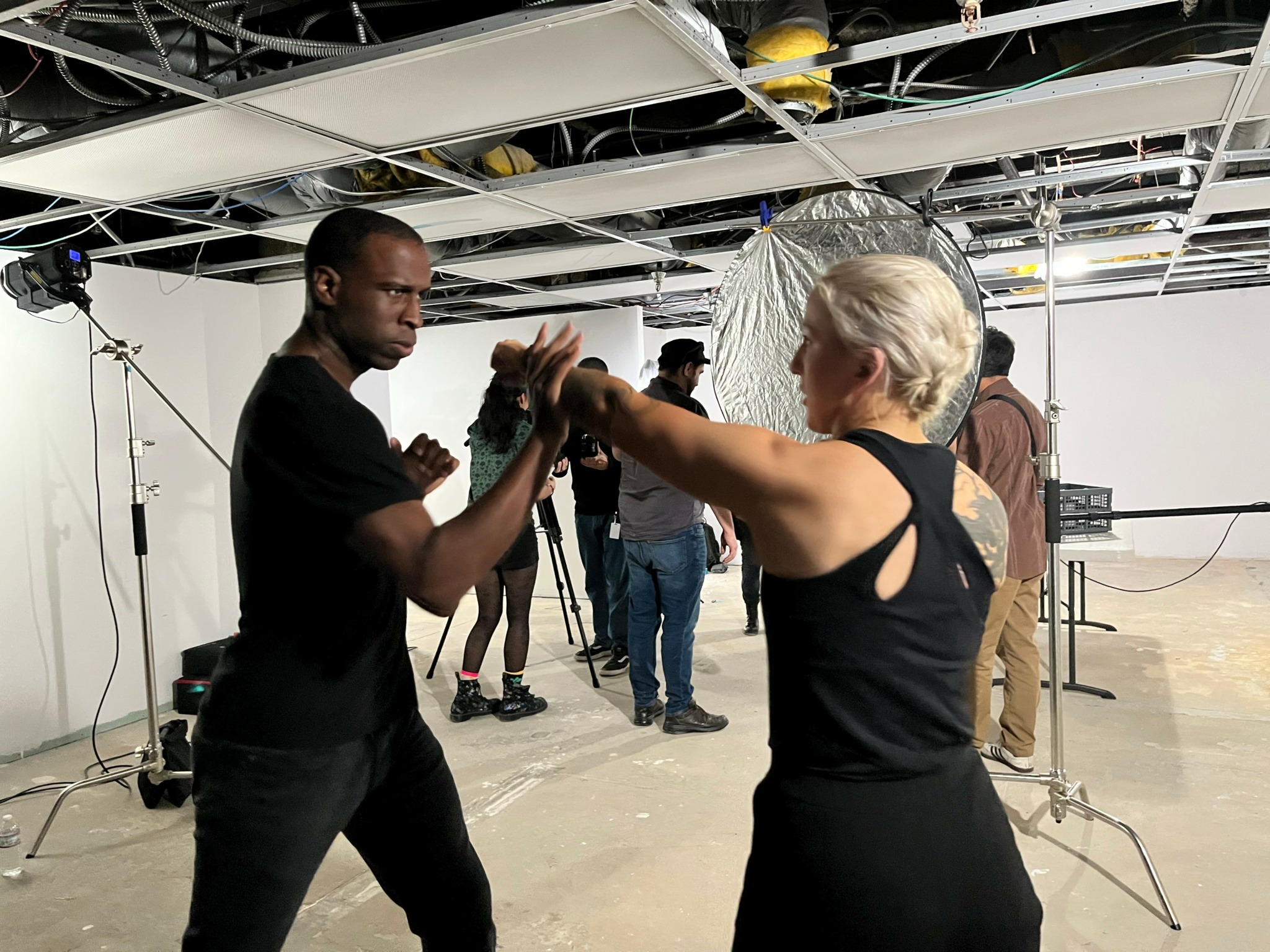
Image Credits
Jonathan White
Michael Contreras


